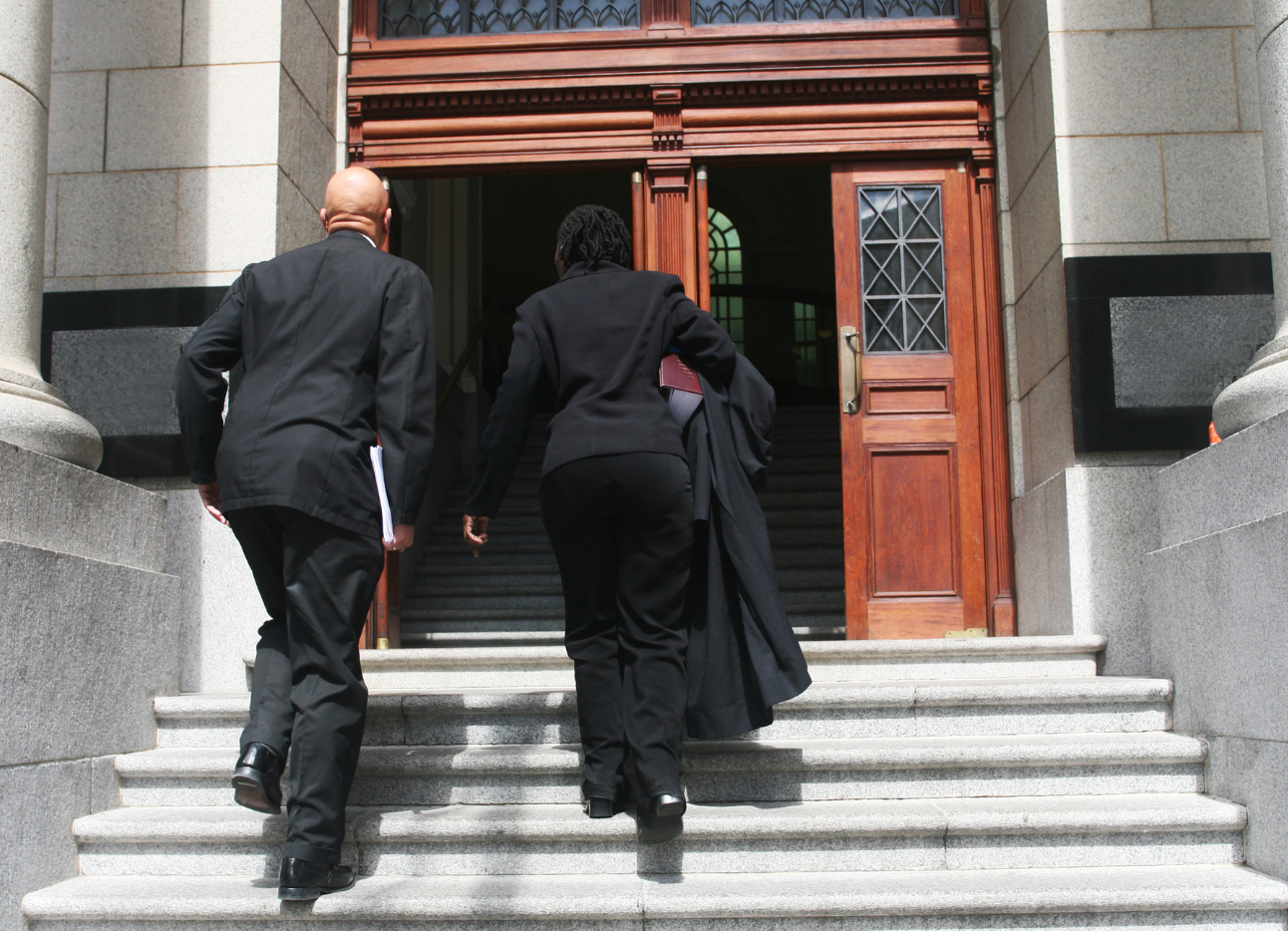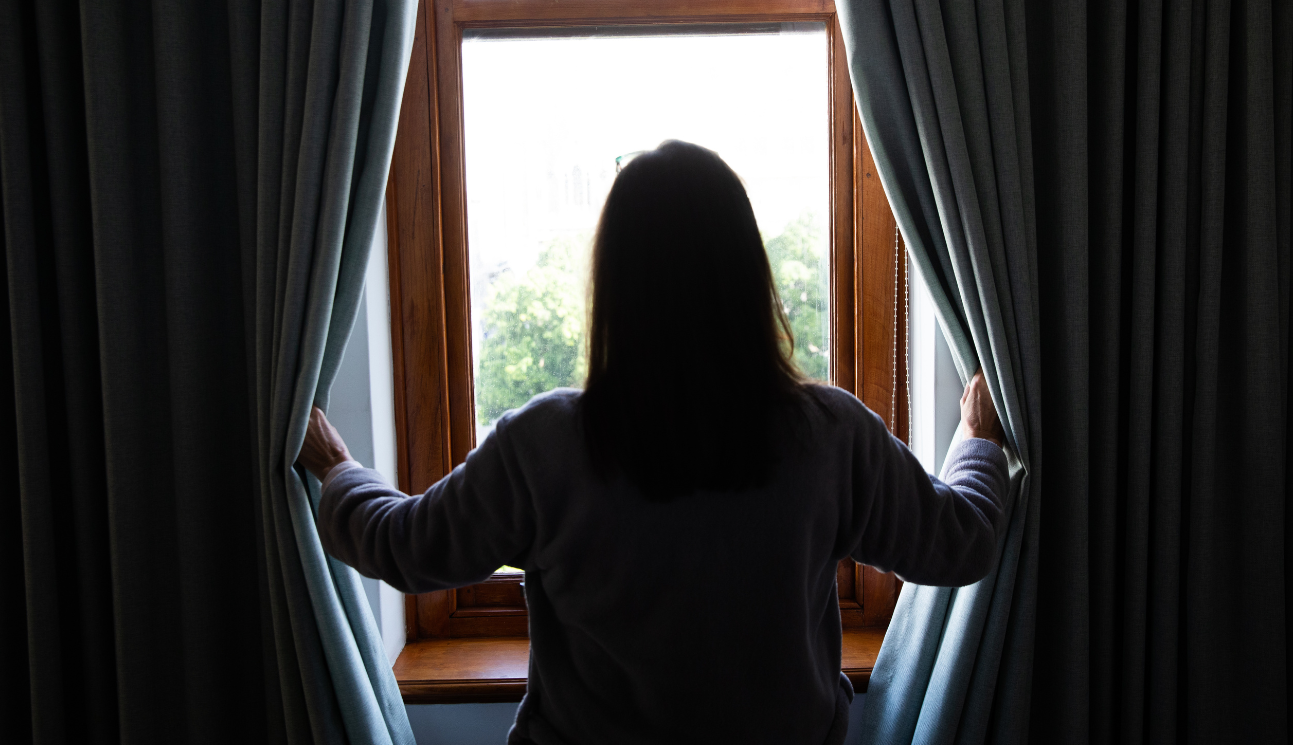
Our Psychological Violence report showed that nearly half (47%) of survivors of non-physical abuse experienced suicidal thoughts. Behind each statistic is a person who has suffered deeply—and who needed wraparound, compassionate support long before reaching crisis point.
We know that psychological abuse, especially when part of a pattern of coercive control, can lead to feelings of hopelessness, despair, and trauma. And we know that these feelings can push people to the edge.
That’s why all professionals coming into contact with survivors—whether in health, social care, housing, education, or criminal justice—must be trained to recognise the signs of domestic abuse and respond in a way that is timely, trauma-informed, and rooted in the lived experiences of survivors.
A turning point for justice—but more is needed
We welcome the news that police forces across the UK are now exploring the use of manslaughter charges where a perpetrator’s abuse is found to have caused their partner to take their own life. This follows heartbreaking cases like that of Kiena Dawes, who died by suicide at the age of 23 after experiencing prolonged psychological abuse.
Her death—and the deaths of so many others—must mark a turning point. Coercive control is not lesser abuse. It can be invisible, all-consuming, and lethal.
Too often, bereaved families are left without justice—watching their loved one’s experience of abuse be overlooked, dismissed, or not fully recognised. The pain of that injustice only compounds their grief. When the criminal justice system fails to name and respond to domestic abuse as the driving factor behind suicide, it not only lets survivors down—it leaves families without justice and allows those who abuse to continue with impunity, putting more lives at risk.
We know that many perpetrators do not stop with one victim. They move from one relationship to the next, leaving a trail of trauma behind them. This isn’t just about justice after a life has been lost—it’s about protecting those still at risk, and preventing further loss.
The law must continue to evolve to reflect the lived reality of survivors, recognising the full impact of psychological abuse and holding perpetrators to account for the harm they cause.
But criminal justice alone is not enough. Every agency must be equipped to spot the signs of high-risk behaviour and offer early, wraparound support—long before someone reaches crisis point.
What needs to change
If we’re serious about saving lives, we need early intervention. We need services that work together—with the survivor at the centre. And we need to confront the uncomfortable truth: that domestic abuse continues to be a leading driver of suicide, and far too often, we only join the dots when it’s too late.
At SafeLives, we’re working with police forces through our DA Matters programme to increase understanding of the psychological impact of abuse. One of our ‘Workshop for Cops’ delves into the link between coercive control and suicidality, helping professionals identify high-risk patterns before it’s too late. But more is needed.
We’re calling for:
- Recognise and respond: All agencies must understand the link between domestic abuse and mental health, and factor this into their safeguarding and support responses.
- Work together: A multi-agency, whole-picture approach is the only way to ensure no one falls through the cracks.
- Hold perpetrators to account: We support the move to charge perpetrators with manslaughter in cases where abuse leads to suicide, recognising the catastrophic harm caused.
- Train professionals: From GPs to housing officers to social workers, we must equip people with the tools to spot abuse and take action.
- Centre survivor voice: Survivors must be at the heart of shaping the response — because they are the experts by experience. They know what good looks like.
No more missed opportunities
Abuse doesn’t end when the bruises fade. Its impact can be lifelong—and in far too many cases, life-ending.
Let’s stop looking at this in silos. Let’s see the whole person and the whole picture. And let’s do everything we can to make sure no one else reaches the point where ending their life feels like the only way out.
Need support? You are not alone.
If you or someone you know is experiencing domestic abuse, support is available.
Visit: www.safelives.org.uk/gethelp
📞Call the National Domestic Abuse Helpline (24/7): 0808 2000 247
If you’re struggling with your mental health or having thoughts of suicide, you can call the Samaritans any time, day or night:
📞 116 123 (free from any phone) 🌐 www.samaritans.org
You are not alone. There is help. There is hope.


